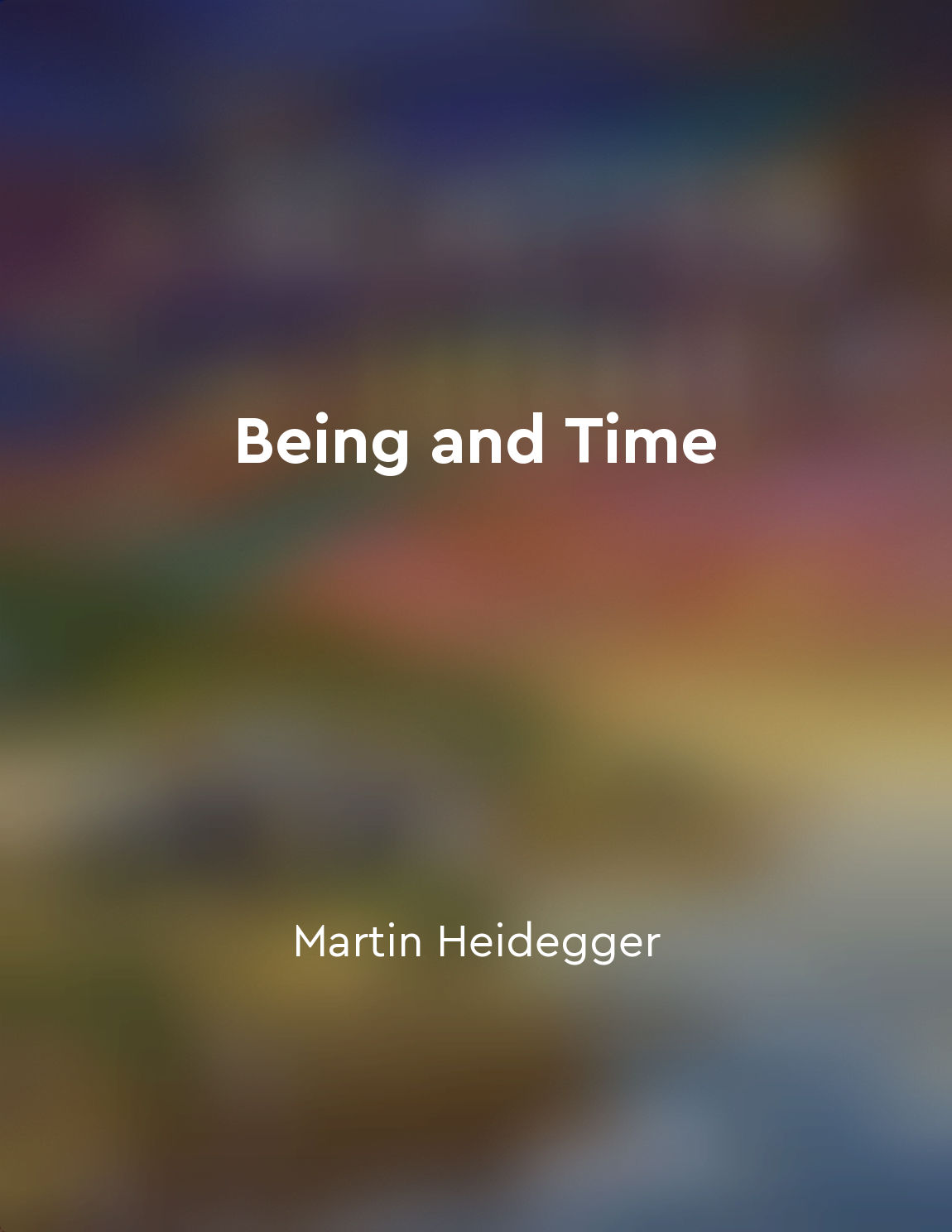Medical advancements have changed the way we view death from "summary" of How We Die by Sherwin B Nuland
Medical advancements have altered the landscape of death in ways that were unimaginable just a few generations ago. In the not-so-distant past, death was often seen as a natural and inevitable part of life, a fate that could not be avoided or delayed. However, with the advent of modern medicine, death has become increasingly medicalized, with a growing emphasis on prolonging life at all costs. The development of new medical technologies and treatments has made it possible to extend life far beyond what was once thought possible. From organ transplants to life support machines, doctors now have the ability to intervene in ways that can keep patients alive long after their natural life expectancy. While these advancements have undoubtedly saved countless lives, they have also raised complex ethical and moral questions about the nature of death and dying. As medical interventions have become more common, the line between life and death has become increasingly blurred. In the past, death was often seen as a clear and final endpoint, a moment when life ceased to exist. However, with the rise of technologies like CPR and ventilators, patients can be kept alive even when their bodies are no longer able to sustain life on their own. This shift has had profound implications for how we understand and experience death. Rather than being seen as a natural and inevitable part of the human experience, death has become something to be fought against and resisted at all costs. The idea of a "good death" – one that is peaceful, dignified, and free from unnecessary suffering – has become increasingly rare in a world where medical interventions can prolong life indefinitely.- The increasing medicalization of death raises important questions about the limits of medical technology and the role of doctors in end-of-life care. As we continue to push the boundaries of what is possible in terms of prolonging life, we must also consider the impact that these advancements have on our understanding of death and dying. The way we view death has been fundamentally altered by medical advancements, forcing us to grapple with complex and often uncomfortable questions about the nature of life, death, and the human experience.
Similar Posts
Human behavior is influenced by both conscious and unconscious factors
Human behavior is a complex phenomenon that is shaped by a multitude of factors, both conscious and unconscious. Our actions, t...

Inauthenticity is a state of living in denial
Inauthenticity is a pervasive tendency of human existence that manifests itself as a state of living in denial. This state invo...
Giving without love is empty
Your giving should be a reflection of your love, for if you give without love, what is your generosity but an impoverished offe...
Treasure friendship and camaraderie
In the grand scheme of life's fleeting moments, it is the bonds we form with our fellow travelers that truly enrich our existen...
Acceptance of absurdity leads to freedom
The absurd is a fundamental aspect of the human condition. It arises from the inherent conflict between our desire to find mean...
Diseases can be understood by studying the way they cause death
To comprehend a disease, we must first understand how it brings about death. The final moments of life provide us with invaluab...
Challenge assumptions
To thrive in the 21st century, we must learn to question the assumptions that underpin our beliefs and actions. We are often gu...

The thirst for knowledge is leading to an explosion of information, but also a loss of wisdom
The modern age is characterized by an insatiable thirst for knowledge. We are constantly seeking to understand the world around...

Overcoming fear can lead to personal growth and transformation
Fear is a powerful emotion that can hold us back from reaching our full potential. In "Tuesdays with Morrie Teacher Guide," the...
Reflecting on death can help prioritize what truly matters
When we contemplate our mortality, we begin to see life from a different perspective. The awareness of death can serve as a wak...

